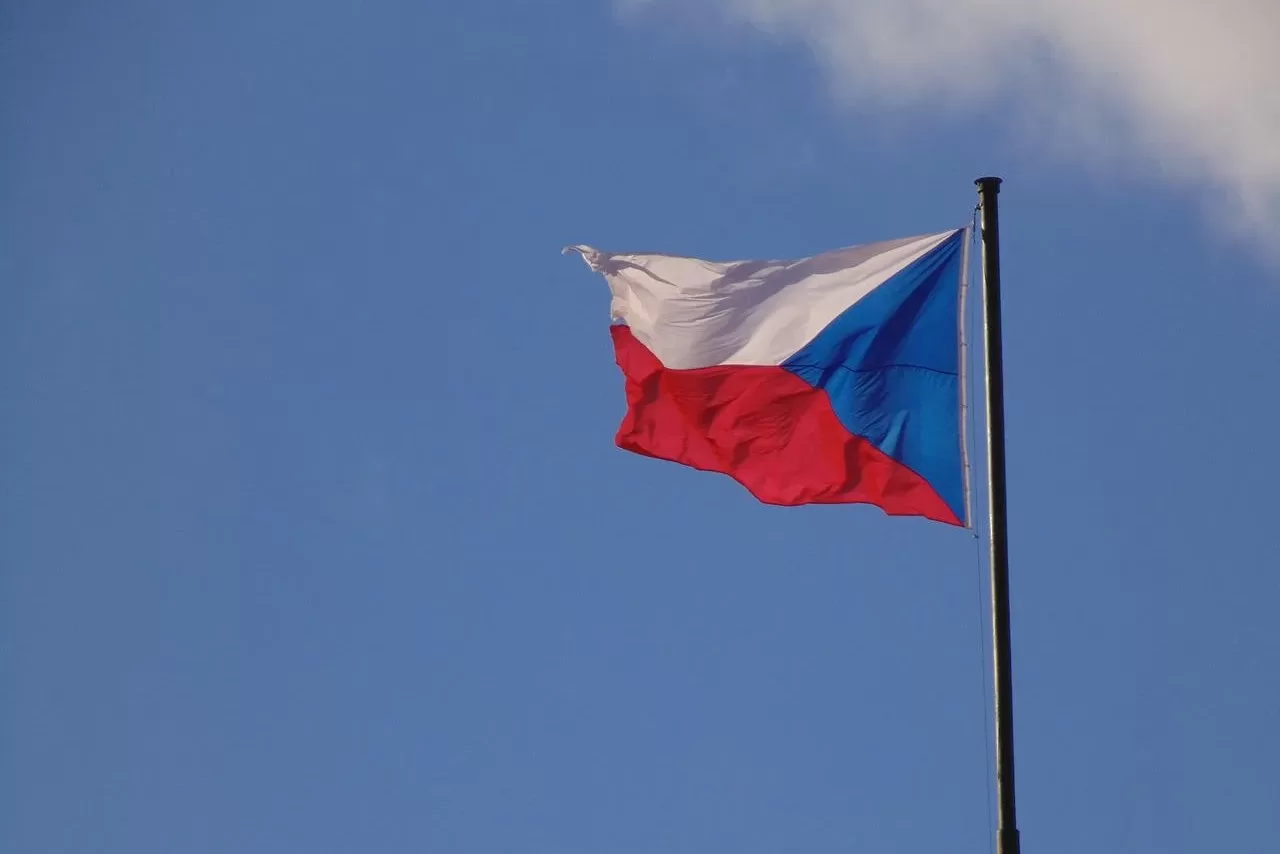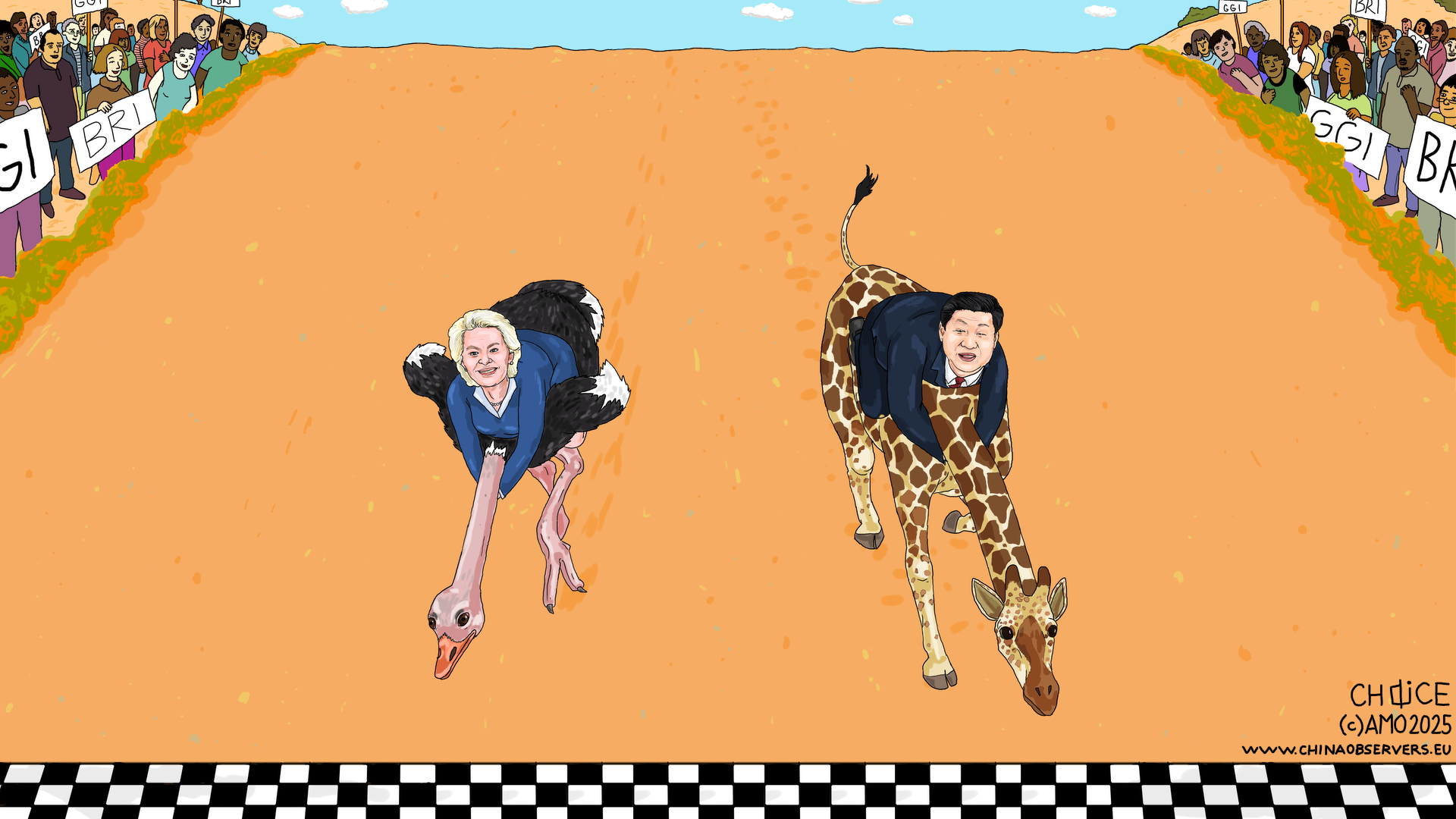Czechia: Propaganda falling on deaf ears
Since 2012, China aimed at mergers and acquisitions of media outlets in Czechia, published PRC ambassadors’ op-eds, and offered to the print media cooperation through paid supplements. In its attempts to manipulate the discourse, China focused on spreading “positive energy” with the aim of presenting China as a peaceful rising power offering global inclusive initiatives, such as the Belt and Road Initiative and the ‘16+1 format’. The article analyzes two main sources of Chinese narratives in Czechia: Chinese Embassy in Prague and China Radio International (CRI Czech).
The Chinese Embassy in Prague has been quite shy on its website regarding its public messaging on the war in Ukraine. It has to be noted, however, that the embassy is currently led by Chargé d’Affairs Zhang Maoming, as the Ambassador Zhang Jianmin returned to Beijing at the end of February 2022. The chargé d’affairs met with Czech journalists on March 13, 2022. The readout mentions his response to one question on Ukraine, where he reiterated China’s six-point plan on Ukraine and stressed “we have to maintain the goals and principles of the Charter of the UN and respect the principle of indivisibility of security and take into account the reasonable security interests of the parties involved.” He continued stressing the need “to focus on the long-term stability of the region and to build a balanced, effective and sustainable European security mechanism.
On March 30, Zhang authored an op-ed titled “China’s position on question of Ukraine is legitimate and constructive.” The piece appeared in Parlamentní listy, one of the most prominent and widely read Czech ‘alternative’ information source. The aim of the article, Zhang claimed, was to debunk disinformation and misinterpretation which were spread by “some people” in order to defame China. The article tried to portray China as a responsible great power, following international norms set by the UN, and a country providing humanitarian aid to Ukraine.
In the analyzed period, the embassy’s Twitter account published only 7 tweets in Czech and English on Ukraine, reposting the official China’s position as conveyed by diplomats and MFA spokespersons, and highlighting the humanitarian aid sent to Ukraine. The tweets generated negligible engagement.
The embassy’s Facebook account has been more active, yet most of the posts focus on spreading the “positive energy,” such as videos of pandas, cuisine, cultural festivities, China’s science and technology achievements, etc. The handful of posts which touched upon Ukraine referred to similar content as shared by the embassy’s website and Twitter account.
CRI Czech, on the other hand, has been very active both on its website and Facebook page. In the analyzed period, it published 42 texts on Ukraine, ranging from news to propaganda and disinformation pieces. The news mostly appeared at the beginning of the invasion, which seemed to have caught the CRI Czech unprepared, and in case of new developments (such as in the case of a Russian advance in Donbas). The commentaries started to appear later on. Yet even before the invasion, the outlet also carried declarations of Wang Yi stated at Munich Security Conference and statements of Hua Chunying, the Spokesperson at MFA, on the expansionism of NATO as a cause of the war. Gradually the CRI Czech has adopted more activistic approach, citing Russia’s arguments on the cause of the invasion, and adjusting its rhetorics towards blaming the US for the war.
Over the months following the invasion, three main topics fully developed in CRI Czech reporting on Ukraine: (1) the destabilizing role of the US and NATO (including the topic of biological laboratories), (2) China’s neutral and responsible position during the crisis, and (3) economic and security impacts of the war on the European Union.
NATO has been portrayed as a prolonged hand of the US influence, a main cause of the conflict, and labeled as “brain dead.” One notable piece (which has also appeared in Polish and Hungarian versions of CRI) called NATO a “Voldemort”. It followed by claiming: “America’s chain of political manipulation is as bad as ‘black magic’.” The piece carried a visual of the anti-American mural depicting the Statue of Liberty as death on the wall of the former American Embassy in Tehran, Iran (the reverse image search revealed the mural was created in April 2018). The very same picture was used in Polish and Hungarian versions of the article, confirming the assumption that CRI articles are mere translations from Chinese originals.


